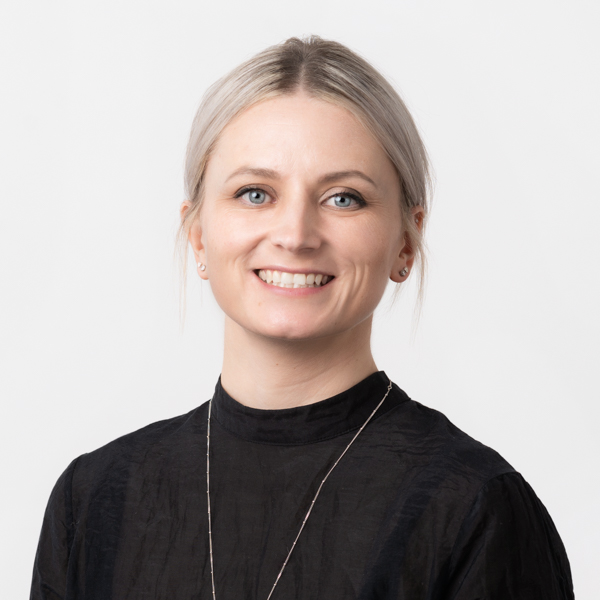
3 minute read
From the Chief Executive's Desk
Top of mind
AMY CLARKE
Amy Clarke, HRNZ Manager Professional Standards and Development, is the guest writer for HRNZ CEO Nick McKissack’s column in this issue.
We’ve come a long way in the past few years in respect of diversity, equity and inclusion (DE&I) being recognised as a valid programme of work and the gains this focus has enabled. Some workplaces have made incredible strides, and yet we are still a way from DE&I being a part of ‘business as usual’ practice and processes.
We know currently that in Aotearoa New Zealand:
• disabled people, single parents and people who identified as LGBT+ or belonged to a sexual minority were among those who experienced higher rates of poor overall mental wellbeing (Stats NZ, 2022)
• people in the LGBT+ population were 2.9 times more likely than those not in the LGBT+ population to experience daily feelings of depression (Stats NZ, 2022)
• Māori and Pacific households had lower median household disposable income and experience greater material hardship (Stats NZ, 2022)
• our disabled community experiences significantly lower rates of employment than nondisabled people, and those in paid work have a lower average weekly income when compared with non-disabled people. They also report lower feelings of job safety (Stats NZ, 2022).
While many of these statistics demonstrate an improvement over the past decade (and outcomes for these groups are perhaps better than they were), they present the case that a significant amount of work is still to be done to make workplaces, access to employment and pay for work equally accessible and equitable across all diverse population groups.
What we have seen with the various efforts to improve outcomes for historically disadvantaged groups in the workplace is that much of the ‘low-hanging fruit’ has now been picked, and, following this, a good deal of progress has somewhat stabilised or stagnated. The remaining change needs to be systemic and target the longterm contributors to disadvantage and inequality. This is not the low-hanging fruit but rather the crops that need planting and careful tending for years before they will start to bear fruit.
This is where HR plays a vital role and will continue to play a vital role. We have the direct line to the board, executive teams and senior leaders, CEOs and managing directors. With a trusted relationship, we can influence their decisions and lay the groundwork for real and sustainable change.
Key decision-makers love results. They provide a justification for action and a rationale for further change.
What we need now are decisionmakers who are prepared to play the longer game, who are prepared to disrupt norms and deconstruct some of the practices that continue to exclude. If they aren’t already aware, this is HR’s opportunity to create longer-term plans and strategies for deep inclusion and commitment to diversity and to ensure the right decision-makers have this information in their hands so they can start to put these into play. Where the buy-in isn’t strong, create it. Many workplaces are doing this well, and those that aren’t will be left behind in a big way as these crops start to mature in the next two to five years. This next piece of change isn’t going to be easy, if it were, we’d already be doing it. It is, however, the right thing to do. And it is possible, with a bit of trust, a lot of commitment and the resilience and perseverance that these groups have demonstrated for a very, very long time just in order to continue to exist.
Amy Clarke HRNZ
Manager Professional Standards and Development
Amy.Clarke@hrnz.org.nz










